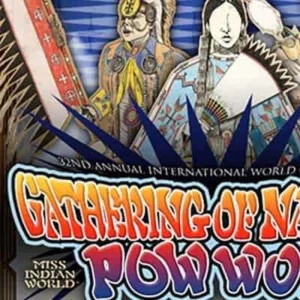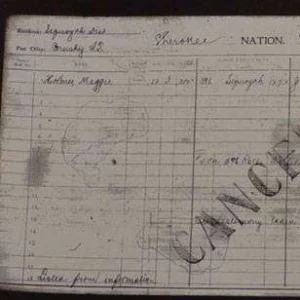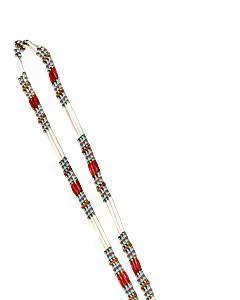Drug manufacturer Johnson and Johnson and three of the largest drug distributors in the United States—McKesson Corp., Cardinal Health Inc., and AmerisourceBergen Corp—have reached a tentative agreement with a collective group of 490 Native tribes seeking compensation for the devastation brought on by the opioid epidemic.
The three distributors will pay an approximate $440 million over the next seven years, J&J will pay the $150 million over two years. As part of the settlement, Johnson and Johnson did not have to admit any wrongdoing. According to Reuters, Johnson and Johnson stated its campaign in promoting opioids for pain management was “appropriate and responsible.”
“This settlement is not an admission of any liability or wrongdoing and the Company will continue to defend against any litigation that the final agreement does not resolve,” wrote J&J spokesperson Alison Fennell as reported in Bloomberg.
A deadly epidemic

According to Indian Health Service Opioid Crisis data and the most recent Centers for Disease Control and Prevention (CDC) data, “American Indian and Alaska Native (AI/AN) populations had the second-highest overdose rates from all opioids in 2017 (15.7 deaths/100,000 population) among racial/ethnic groups in the US.”
As Cherokee Nation Chief Chuck Hoskin, Jr. wrote in a statement on their Anadisgoi news announcements, “For two decades, the opioid epidemic has plagued the Cherokee Nation. In recent years, hundreds of millions of prescription opioids were sold at the wholesale or retail level within the Cherokee Nation Reservation. The epidemic affects even our youngest citizens with many Cherokee babies being born addicted to opioids…Cherokee families were torn apart,” he stated.
“The opioid epidemic is far more devastating and has had a more profound cost on our tribal community than anyone could have ever imagined,” said Saint Regis Mohawk Tribal Chief Beverly Cook in a statement on the tribe's website.
Both tribal leaders, as well as hundreds of others, had filed suit against the pharmaceutical companies. The Cherokee Nation in 2017, the Mohawk tribe in 2018.
The Cherokee Nation still has pending lawsuits against pharmacy giants Walmart Inc., CVS Health Corp. and Walgreens.
Though 409 tribes have been part of the initial filing, all 574 federally recognized tribes will be eligible to register for Johnson & Johnson settlement funds. The Johnson & Johnson settlement is targeted to go into effect once 95 percent of litigating tribes sign off on a formal settlement agreement.
A positive step toward addressing the opioid epidemic?

As part of the Johnson & Johnson settlement agreement with tribes, monetary funds must be spent on opioid treatments and recovery strategies as designated by tribes. Traditional and cultural methods are in the guidelines and can include spirit camps, sweat lodges, pow wows and other traditional ways as well as western medicine-based medical treatment facilities.
Steven Skikos, one of the leading attorneys representing tribes, told the New York Times, “We are not solving the opioid crisis with this settlement, but we are getting critical resources to tribal communities to help address the crisis.”
Many tribal leaders welcome the help.
“This [Johnson & Johnson] settlement will enable us to increase our investments in mental health treatment facilities and other programs to help our people recover,” said Principal Chief Chuck Hoskin Jr in a settlement announcement.
Sault Ste. Marie Tribe of Chippewa Chairman Aaron Payment told the New York Times: “My tribe has already committed to use any proceeds to confront the opioid crisis…The impact of the opioid epidemic is pervasive, such that tribes need all the resources we can secure to make our tribal communities whole once again.”
Featured image by Open Grid Scheduler / Grid Engine



